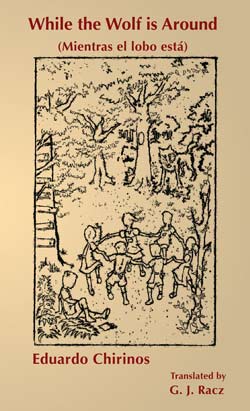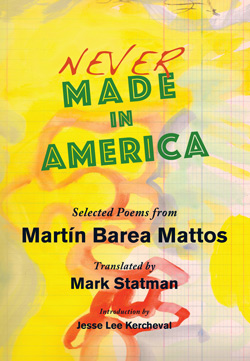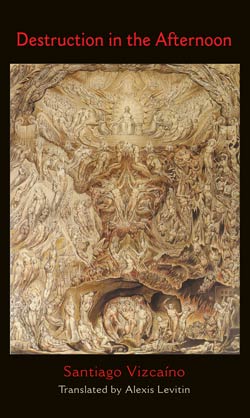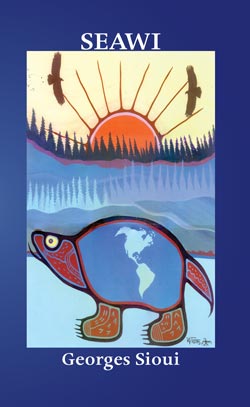Description
Tahar Ben Jelloun
Sun Scars
Translated by Jake Syersak
ISBN: 978-1-956921-41-0 (pbk.)
(June 25, 2025)
Sun Scars is the first English-language translation of Moroccan-born francophone author Tahar Ben Jelloun’s earliest poetry. Originally published in 1972, this work remains a timeless scorched-earth indictment against those who would cower in “the fault-lines of… silence” while profiteers of political, economic, and religious orders trample a nation. Armed to the teeth with a vitriolic, surreal linguistic, Ben Jelloun chews away the fantastical vision of Morocco as a sun-drenched tourist’s daydream of pay-as-you-play exotica, revealing a people and a landscape writhing in agony just beneath the surface. With seismic finesse and lyrical vision, Sun Scars declares it bad faith to see anything but: “you’ve just got to drag yourself by the tip of your tongue-tied-ness by the pupil of your eyes / what’s unthinkable.”
From: “The Ecstatic Eradication of Silence: On Tahar Ben Jelloun’s Sun Scars”, translator’s introduction by Jake Syersak
Those already familiar with Tahar Ben Jelloun are likely more familiar with his prose than his poetry. He first achieved widespread acclaim in 1987 for his novel The Sacred Night, becoming the first African-born author to be awarded the Prix Goncourt, the most prestigious award in French literature. Since then, he has received numerous literary honors, from both home and abroad, including several Nobel Prize nominations and the International Dublin Literary Award. Today, he is the author of dozens of books, is one of the most celebrated authors in France, and his works of fiction and non-fiction have been widely translated.
His poetry, however, has received significantly less attention. To date, only one other full-length volume of his poetry has been translated into English. Considering the historical import of his contributions to modern Moroccan literature, not to mention the deep passion and intellect permeating his poems, this seems a tremendous oversight—not to mention an outright shame. The present translation of Sun Scars—his first major full-length work—is an attempt to rectify that. It was, after all, poetry that first forged his lifelong devotion to the world of letters.
On March 23, 1965, Tahar Ben Jelloun, then a young student activist studying philosophy in Rabat, took part in demonstrations against the Moroccan government. The demonstrations, which had begun in Casablanca several days prior, were in opposition to a decree by the Minister of Education limiting access to higher education. Student-led protestors across multiple cities poured out and into the streets. By the second day, turnout had increased, with allied political groups, unemployed and struggling workers, and many inhabitants of the cities’ slums joining the fray. With tensions running high between police and protestors, it didn’t take long for the demonstrations to devolve into violence. Ben Jelloun recalls that moment:
I was with a friend when suddenly, right in front of us, [the police] began savagely beating the demonstrators for no reason at all. Frantic with fear, we ran and ran until we finally found shelter in a mosque. Along the way, I saw bodies lying on the ground in their own blood. Later I saw mothers rushing to hospitals in search of their children. I saw panic, and hatred. Above all, I saw the face of a monarchy that had given soldiers free rein to restore order by any means whatever.
The demonstrations concluded in the next few days, with the authorities firing indiscriminately into the crowds. In the weeks and months that followed, King Hassan II declared a state of emergency, suspended the constitution, and suspected dissidents were investigated, harassed, rounded up, arrested, and/or murdered. Those who avoided immediate outright physical harm were sent to military disciplinary camps for reeducation.






Reviews
There are no reviews yet.